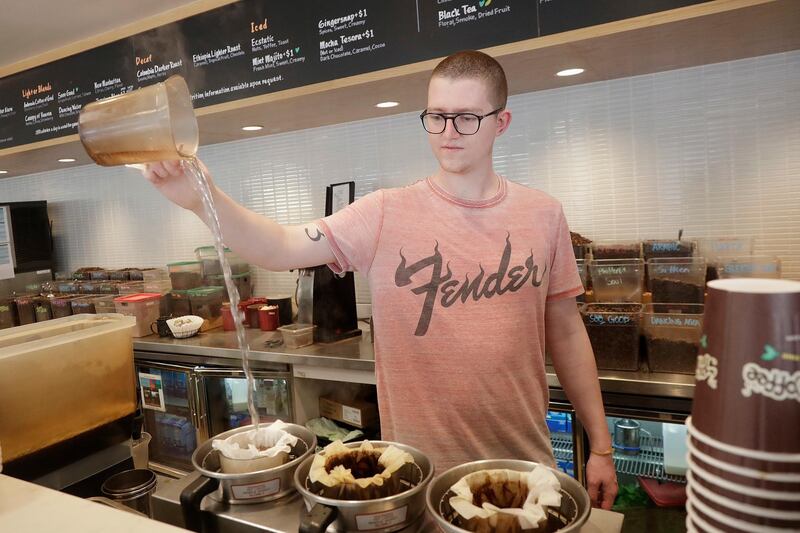Last month Los Angeles judge Elihu Berle ruled that Starbucks and other coffee companies in the state of California needed to present consumers with a warning label about the possible cancer risks associated with the beverage. The cancer risk in question is related to a suspected carcinogen known as acrylamide, a natural by-product of the bean roasting process. According to the American Cancer Association, acrylamide is also commonly found in foods such as French fries and crisps. But how much of it is in our coffee and is it harmful?
This is not the first time coffee has been at the centre of controversy. Based on the earliest credible evidence, 15th century Arabia is where coffee, as we know it today, was first brewed and consumed as a beverage. The drink has been surrounded by controversy ever since. Early debates in the Muslim world centred around its status as an intoxicant. Islamic jurists hotly debated its permissibility, eventually ruling in favour of the bean-based libation. Despite that, in 1511 Khair Beg, then the Ottoman governor of Mecca, briefly imposed an unpopular coffee ban.
More recently, the Mormon church expressed reservations about coffee and encouraged its members to abstain from caffeinated beverages or any substance which "creates an appetite for itself". The idea that caffeine is a psychoactive stimulant with addictive properties is beyond contest. Whether it is indeed dangerously addictive, though, is still open to debate.
One of the hallmarks of a real addiction is dependence and in clinical reality, few people could be described as being severely caffeine-dependent. Similarly, most people don’t experience problems in social or occupational functioning as a result of caffeine consumption. However, caffeine-related issues do exist and they are severe enough for the American Psychiatric Association (APA) to recognise "caffeine withdrawal syndrome” and “caffeine intoxication” as diagnosable conditions, along with the more tentative "caffeine use disorder", a condition the APA deems worthy of further research.
This latest caffeine controversy, however, seemingly elevates the great coffee debate to an issue of life and death. There are few words in the English language that evoke more negative emotion than the word cancer. Research at the Centre for the Study of Emotion and Attention, University of Florida, ranks cancer as the fourth most negatively evaluated word in the English language. Even having the word coffee associated with the word cancer could be very bad for the coffee industry. This is undoubtedly a trying time for the popular drink.
Coffee companies led by Starbucks countered the cancer risk claims by suggesting the chemical is only present at harmless levels, therefore exempting it from California’s labelling laws. The judge, however, pronounced that the defendants, made up of 90 or so coffee companies, had failed to present adequate evidence that there was an insignificant risk posed by acrylamide in coffee. More specifically, the defendant had been unable to provide epidemiological evidence that the chemical would not result in one excess case of cancer for every 100,000 people exposed.
Is this, however, food labelling gone mad or simply overzealous fear-mongering? Or are there genuine and significant health risks associated with current roasting processes worthy of attention? This case is already in its eighth year and looks set to drag on. The worst outcome for the defendants would be to be hit with civil penalties. An unlikely scenario is a payment of $2,500 per day, per person over eight years, in a state with about 40 million residents where approximately 80 per cent of them are coffee drinkers. Such an astronomical amount is impossible but some level of civil penalty is not unthinkable.
From this month, food manufacturers in the UK will have to reduce the levels of acrylamide within foods. This reduction will mean that popular snacks like crisps and biscuits ( frequently high in acrylamide) might have to lose a little bit of their golden colour or run the risk of falling foul of European Union food safety legislation. Perhaps this is the route that coffee companies will need to follow – either removing or reducing the acrylamide or else displaying the warning label “this product contains ingredients that may increase your risk of cancer”.
How many of us would want our names scribbled on the paper coffee cup alongside such an ominous warning?
Dr Justin Thomas is an associate professor at Zayed University





